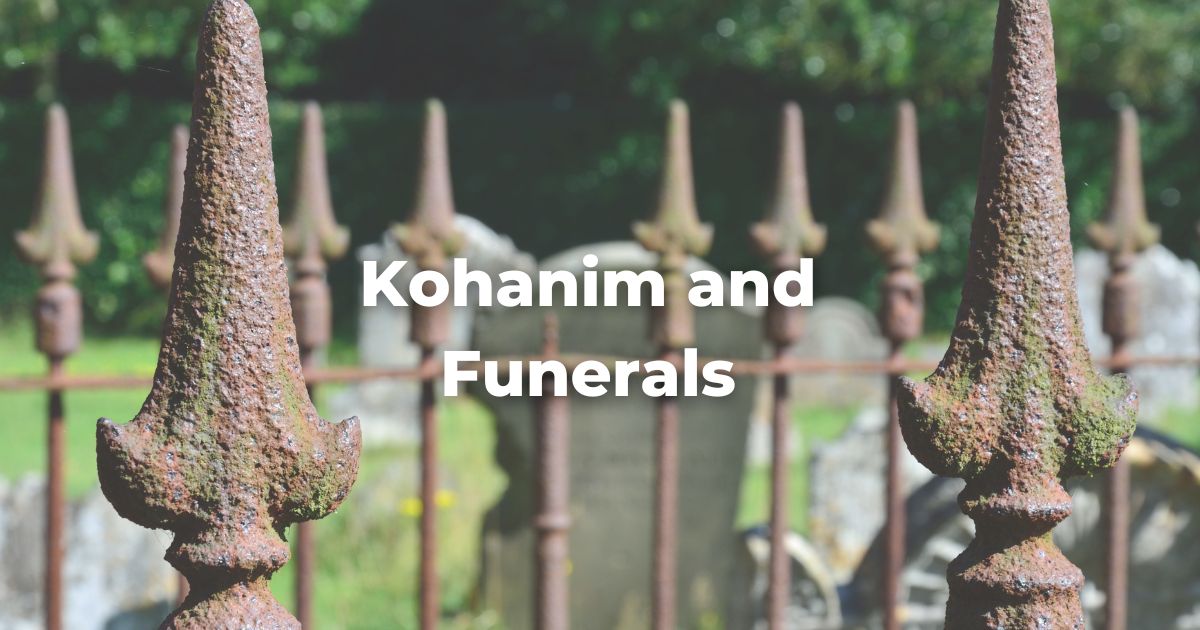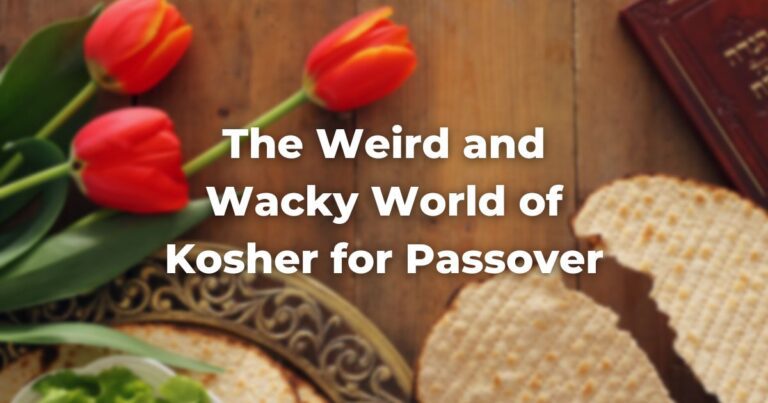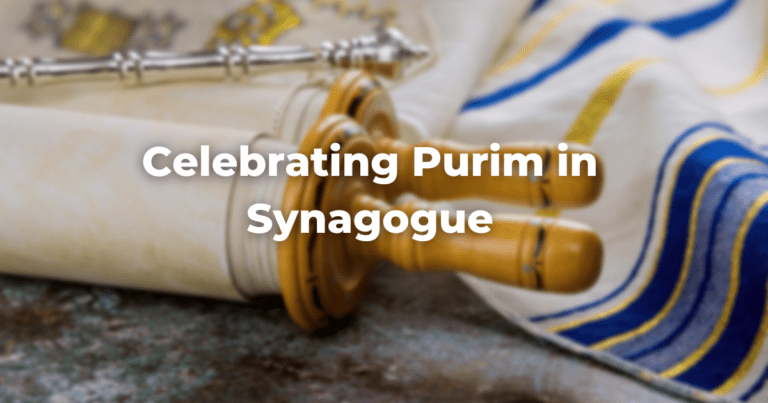Generally speaking, our tradition considers it a mitzvah unto itself for the living to accompany the deceased to their graves.
Indeed, rabbinic tradition defines the prophetic injunction to walk humbly with God as being fulfilled specifically by accompanying brides to their wedding canopies and deceased persons to their graves (BT Sukkah 49b and Makkot 24a).
Nevertheless, the TorahRefers to the first five books of the Hebrew Bible, the Tanakh, also called the Five Books of Moses, Pentateuch or the Hebrew equivalent, Humash. This is also called the Written Torah. The term may also refer to teachings that expound on Jewish tradition. Read more makes it clear that kohanim, the priests of ancient Israel, were forbidden to come into even casual contact with the bodies of dead persons other than those of their closest of relatives or even to share the same indoor space with them (Leviticus 21:1–4 and Numbers 19:14).
And rabbinic tradition endorsed this prohibition, adding to it an exception which allowed a kohein (cohen) personally to look after the disposition of an unattended corpse (Mishneh Torah, Hilchot Avel 3:1 and 3:8).
How should moderns relate to these ancient laws?
Building on a responsum by Rabbi Louis Epstein that was approved by the CJLS (then called the Committee on Jewish Law) in 1929 and which is now published in the Proceedings of the CJLS 1927–1970, pp. 1433–1446, most Conservative rabbis counsel that we consider the observance of these prohibitions today as acts of homage to ancient tradition rather than as obedience to actual laws still in effect.
Given that the “kohanim” of today’s Jewish communities lack any genealogical evidence to back their claim—and so are precisely what Maimonides himself called “kohanim by self-definition,” —there can be no real certainty regarding their obligation in the first place. (In this regard, interested readers may consult the comments of Rabbi Abraham Abele Gombiner [c. 1635–1682], the Magein Avraham, to Shulchan Arukh, Orach Chayim 201:4.)
Moreover, the laws regarding the obligation of kohanim to avoid contamination with impurity clearly presupposes a means of restoring such an impure individual to a state of ritual purity, which means has not existed since the destruction of the Temple.
Finally, there is ample halakhic justification for considering the impure individual exempt from the law forbidding contamination with impurity because, by virtue already of being in a state of impurity, such (re-)contamination cannot actually take place.
This was the view of Rabbi Abraham ben David (c. 1120–1198), called Ravad, as made clear in his response to Maimonides’ law codified at Mishneh Torah, Hilchot Nezirut 5:15, cf. his comment to Mishneh Torah, Hilchot Avel 3:7, as well as the opinion of Rabbi Isaac bar Sheshet Perfet [1326–1408], called Rivash, as set forth in his 124th responsum [ed. Jerusalem, 1975, pp. 50–51] and it forms a sound basis for counseling today’s kohanim to avoid casual contact with the dead out of respect for the laws that governed the priests of antiquity, but not to feel themselves bound by law never to attend a funeral, visit a grave, enter a hospital, attend medical or dental school, or visit sites of profound spiritual significance such as Rachel’s Tomb in Bethlehem or the Tomb of the Patriarchs in Hebron.
Nevertheless, the decision of any kohein today to avoid attending funerals and entering cemeteries should be taken as an act of piety and allegiance to tradition, and respected as such.
Adapted with permission from The Observant Life.
Authors
-

-

The Observant Life: The Wisdom of Conservative Judaism for Contemporary Jews distills a century of thoughtful inquiry into the most profound of all Jewish questions: how to suffuse life with timeless values, how to remain loyal to the covenant that binds the Jewish people and the God of Israel, and how to embrace the law while retaining an abiding sense of fidelity to one’s own moral path in life.
Written in a multiplicity of voices inspired by a common vision, the authors of The Observant Life explain what it means in the ultimate sense to live a Jewish life, and to live it honestly, morally, and purposefully. The work is a comprehensive guide to life in the 21st Century. Chapters on Jewish rituals including prayer, holiday, life cycle events and Jewish ethics such as citizenship, slander, taxes, wills, the courts, the work place and so much more.
View all posts




